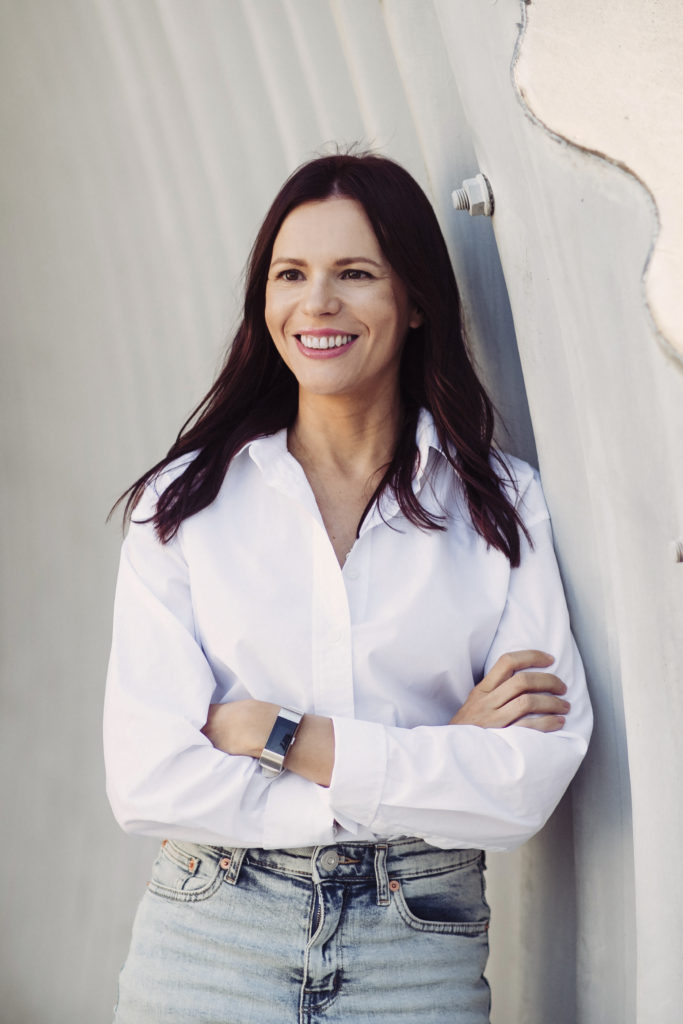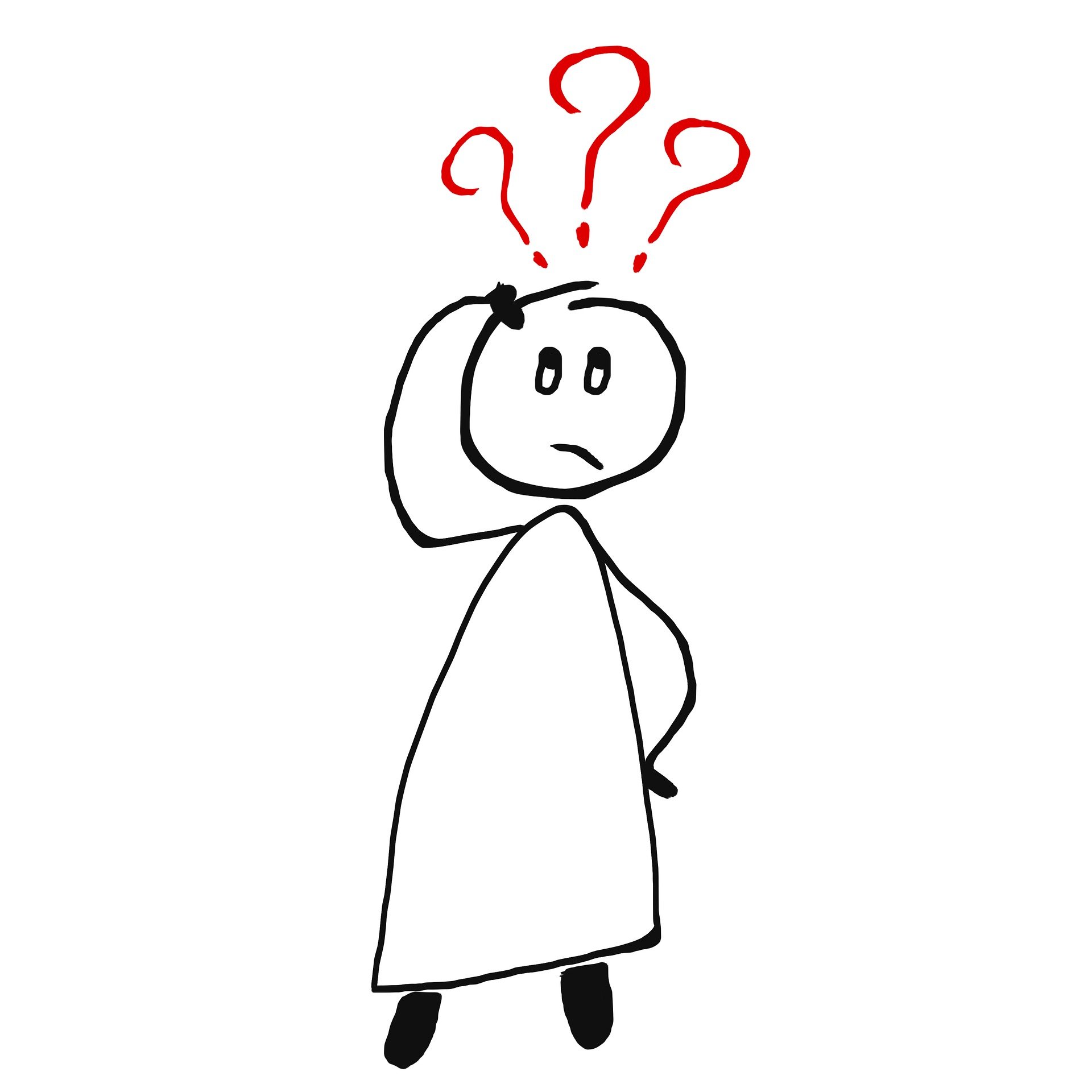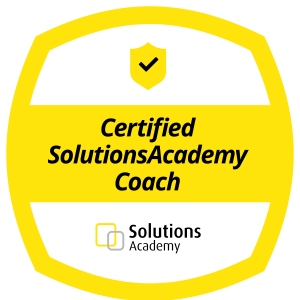Yes, you read that right! I am currently in the process of becoming an ICF (International Coaching Federation) Associate Coach (ACC), and I couldn’t be more excited about this journey! I started my training six months ago with a Solutions Focused approach (I already am certified by Solutions Academy 🎉), and now, only an exam and 30 hours of practice (from the required 100), are separating me from the ICF certification.
Are you interested in coaching? If so, send me an email (theliistblog@gmail.com) and ask for a free chemistry session*. At this moment I am accepting a few pro-bono customers, so use this chance and give it a shot! Once these slots are filled, the rest of the sessions will be donation-based or paid. -> More about “what is coaching” below👇.
Why did I decide to become a coach?
When I had to pick my major for university 15 years ago, I got accepted for both psychology, and marketing and communications. Both sounded equally interesting, but ultimately, I went with the second option.
Somewhere in my mid-twenties, I started highly regretting this decision as I did more of my own digging into psychology and mental health studies. Due to unfortunate timing (at this time I was fresh-off-the-boat penniless immigrant in NYC), taking on an advanced degree wasn’t an option.
So, I put this idea on hold for several years, until I had a burnout and started reading and listening to podcasts about self-help, mental health, psychology, and alternate therapies. Until I found something myself through trial-and-error to bring me out of this situation (more about it here).


Doubts and skepticism
For a long time, I believed that having a degree in psychology or mental health counseling from a good university was the only way to help people with their challenges. When I first considered coaching, I seriously doubted if coaching was really worth it, because how can one study something in only six months and then start coaching a client?
Until I understood: coaching is not therapy. Another reason why I started to believe into the validity of coaching was a conversation I had with a licensed psychologist. She explained to me how coaching works differently than a therapy session, which confirmed my own Google-research (see more about it below).
Most important though? My own experience with coaching. I personally have gotten many benefits out of it as a coachee and during my very short amount of time being a coach, I have already witnessed some of my existing clients succeed!
Where am I today on my journey?
In total, I have gathered approximately 70 hours of invaluable experience as a coach so far. It has been a blast, but a huge learning experience at the same time. However, I haven’t been sitting only in the coach’s seat the entire time, asking questions and taking notes, no-no! In addition to being a coach in training, I have also been a coachee (i.e. a client) countless times. And, I am not going to lie, I have absolutely loved that role as well. I would also like to note here that it is important to find a coach who you trust and who you are compatible with. Good chemistry is needed to achieve desired results.
Actually, I have benefitted from being a coachee so much, that if you would ask me what the biggest surprise was during this training, that would be IT! I would have never thought that while studying coaching, one can grow their own awareness so much. And the more aware we become, the easier it is to stay focused, to enjoy the process, and to accomplish whatever goals we are working on.
We all know how hard it is to conquer our goals. If you can hire a personal trainer to reach a desirable body, why can’t you hire a coach for other goals that require reaching clarity, growing awareness, and mental discipline?


What is coaching and who can benefit from it?
Source: https://coachingfederation.org/faqs
ICF defines coaching as partnering with clients in a thought-provoking and creative process that inspires them to maximize their personal and professional potential, which is particularly important in today’s uncertain and complex environment. Coaches honor the client as the expert in his or her life and work and believe every client is creative, resourceful and whole.
Standing on this foundation, the coach’s responsibility is to:
- Discover, clarify, and align with what the client wants to achieve
- Encourage client self-discovery
- Elicit client-generated solutions and strategies
- Hold the client responsible and accountable
- This process helps clients dramatically improve their outlook on work and life while improving their leadership skills and unlocking their potential.
What is the difference between coaching and therapy/other methods?
Source: https://coachingfederation.org/faqs
ICF says:
Professional coaching focuses on setting goals, creating outcomes and managing personal change. Sometimes it’s helpful to understand coaching by distinguishing it from other personal or organizational support professions.
Therapy: Therapy deals with healing pain, dysfunction and conflict within an individual or in relationships. The focus is often on resolving difficulties arising from the past that hamper an individual’s emotional functioning in the present, improving overall psychological functioning, and dealing with the present in more emotionally healthy ways. Coaching, on the other hand, supports personal and professional growth based on self-initiated change in pursuit of specific actionable outcomes. These outcomes are linked to personal or professional success. Coaching is future focused. While positive feelings/emotions may be a natural outcome of coaching, the primary focus is on creating actionable strategies for achieving specific goals in one’s work or personal life. The emphases in a coaching relationship are on action, accountability, and follow through.
Consulting: Individuals or organizations retain consultants for their expertise. While consulting approaches vary widely, the assumption is the consultant will diagnose problems and prescribe and, sometimes, implement solutions. With coaching, the assumption is that individuals or teams are capable of generating their own solutions, with the coach supplying supportive, discovery-based approaches and frameworks.
Mentoring: A mentor is an expert who provides wisdom and guidance based on his or her own experience. Mentoring may include advising, counseling and coaching. The coaching process does not include advising or counseling, and focuses instead on individuals or groups setting and reaching their own objectives.
Training :Training programs are based on objectives set out by the trainer or instructor. Though objectives are clarified in the coaching process, they are set by the individual or team being coached, with guidance provided by the coach. Training also assumes a linear learning path that coincides with an established curriculum. Coaching is less linear without a set curriculum.
Sports Coaching: Though sports metaphors are often used, professional coaching is different from sports coaching. The athletic coach is often seen as an expert who guides and directs the behavior of individuals or teams based on his or her greater experience and knowledge. Professional coaches possess these qualities, but their experience and knowledge of the individual or team determines the direction. Additionally, professional coaching, unlike athletic development, does not focus on behaviors that are being executed poorly or incorrectly. Instead, the focus is on identifying opportunity for development based on individual strengths and capabilities.
I hope you enjoyed the post and have now a good overview what is coaching, why I am studying it and why do I believe in it. If you have any questions or would like to be coached, please feel free to reach out to me. And, as always, I am looking forward to any comments from your end!
Light and love,
Liis
Related links:
Photos: https://www.jakefarra.com
https://coachingfederation.org
https://solutionsacademy.com
* What is a chemistry session?
This is a brief (15-20 minute) nonbinding free phone or video call between a coach and a coachee PRIOR to committing to any coaching. The goal of the chemistry session is to give both parties an opportunity to get to know each other, test the combability, and ask any clarifying questions. Chemistry sessions are recommended, but not a pre-requisite for coaching.
